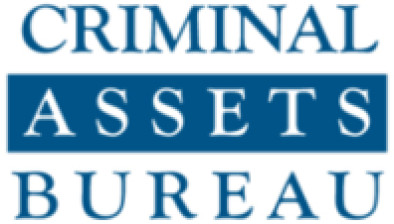Report examines current alternatives to coercive sanctions for drug possession

New research has highlighted obstacles to wider use of alternatives to coercive sanctions in Ireland for people found in possession of controlled drugs for personal use.
The report, produced by the Centre for Justice Innovation, was commissioned and published by Strategic Implementation Group 5 (SIG-5), a subcommittee within the National Drugs Strategy structures, with responsibility for implementing actions relating to alternatives to coercive sanctions.
It identifies and maps nine current alternatives to coercive sanctions, including the Garda adult caution scheme, diversionary measures, the Dublin Drug Treatment Courts and the law engagement and assisted recovery (LEAR) programme.
Evidence from other countries shows that alternatives to coercive sanctions have shown promising evidence in reducing drug use and lowering reoffending. The report highlights enthusiasm among the judiciary, probation workers and other stakeholders in Ireland for alternative pathways for people found in possession of illicit drugs for personal use.
However, it also highlights the disparity in geographical coverage of these programmes, a lack of widespread knowledge about existing initiatives and an absence of data to assess their effectiveness.
Colm Burke, minister for public health, wellbeing and the National Drugs Strategy, said: “Drug use is a serious health issue with long-term implications not just for the person who uses illicit drugs, but for their family and the community around them.
“This report shows the enthusiasm for a health-led response, one which diverts people away from courts and prisons and instead towards effective programmes that support their rehabilitation and reduce their likelihood of reoffending.
“I’d like to thank the members of SIG-5 for their work on this important research which will help inform the evolution of our drugs policy. As Minister with responsibility for the national drugs strategy, I fully committed to ensuring that we move forward with a health-led approach that reduces harms and provides measurable benefits to the lives of everyone affected by the misuse of drugs.”
Tony Duffin, the independent chair of SIG-5, added: “This report not only maps the current landscape of alternatives to coercive sanctions in Ireland, it also highlights a growing willingness among practitioners to expand these options further.
“As our National Drug Strategy approaches its conclusion in 2025, I’m confident that policymakers will carefully consider the insights provided here to ensure accessible, cost-effective and efficient alternatives to criminal penalties.”







